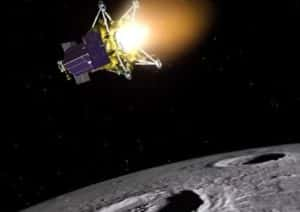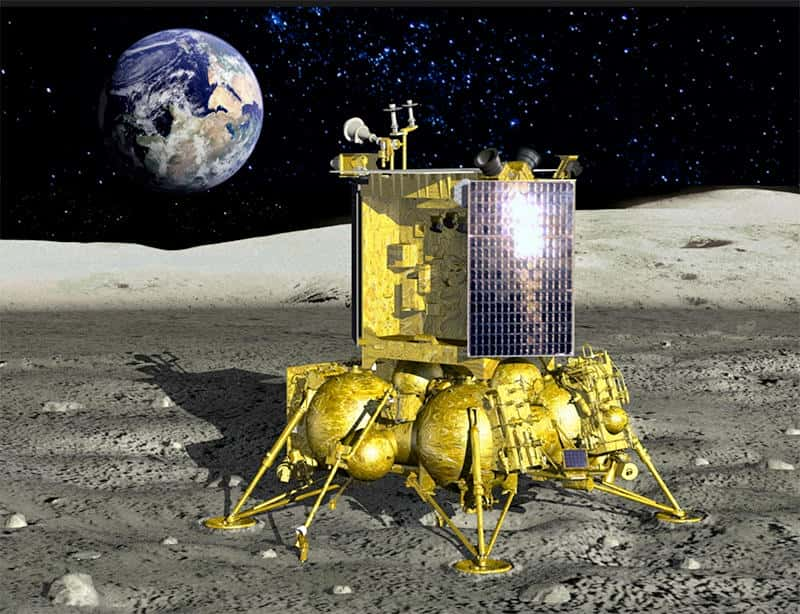Luna-25 blasted into the moon last August 19 during a plot planned to set up its touchdown.

The final resting place of Russia’s failed Luna-25 lunar lander has been discovered
Luna-25, Russia’s first moon probe in 47 years, crashed into the lunar surface last Aug. 19, during a maneuver prepared to set up its touchdown try a few days later. The crash burst out of a crater, which NASA’s sharp-eyed LRO likely found last week.
LRO’s handlers went looking for Luna-25’s grave, using an estimated impact site provided by Roscosmos, a Russian space agency.
The LRO team reproduced the area with the probe’s Lunar-25 Reconnaissance Orbiter Camera last Aug. 24, then compared the new photos with pictures of the same region photographed previously by LROC, most recently in June 2022. This work revealed a bright, fresh crater on the moon that was gouged out in the past 14 months.
Luna-25 launched on Aug. 10, kicking off the first Russian moon mission since 1976, when the nation was still part of the Soviet Union. The new mission’s name was an attempt to recall those proud bygone days.
The 1976 effort, a successful sample-return mission, was called Luna-24
Luna-25 estimated impact point is likely to be from that mission, rather than a natural impactor, said NASA officials.
The new crater is about 10 meeters wide and lies at about 58 degrees south latitude, on the steep inner rim of the moon’s Pontécoulant G crater, the statement added. The impact site is roughly 250 miles (400 kilometers) from Luna-25’s planned landing site, which lies at 69.5 degrees south latitude.
Read Also: 22 Starlink Satellites Launch And A Rocket Lands At Sea, Spacex




